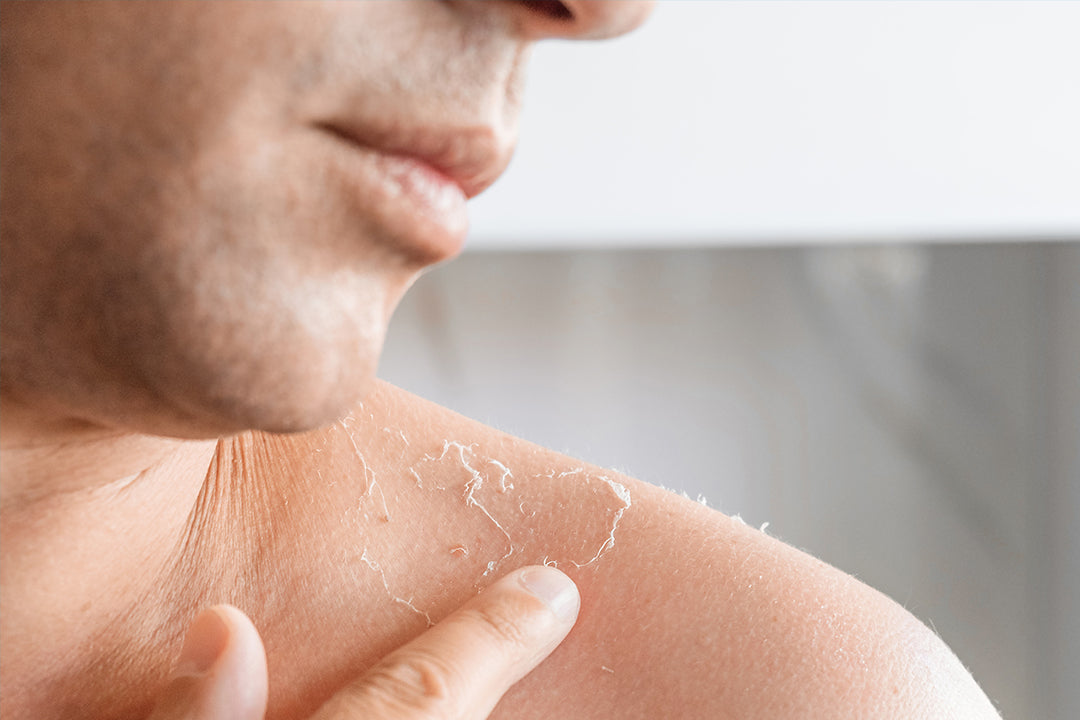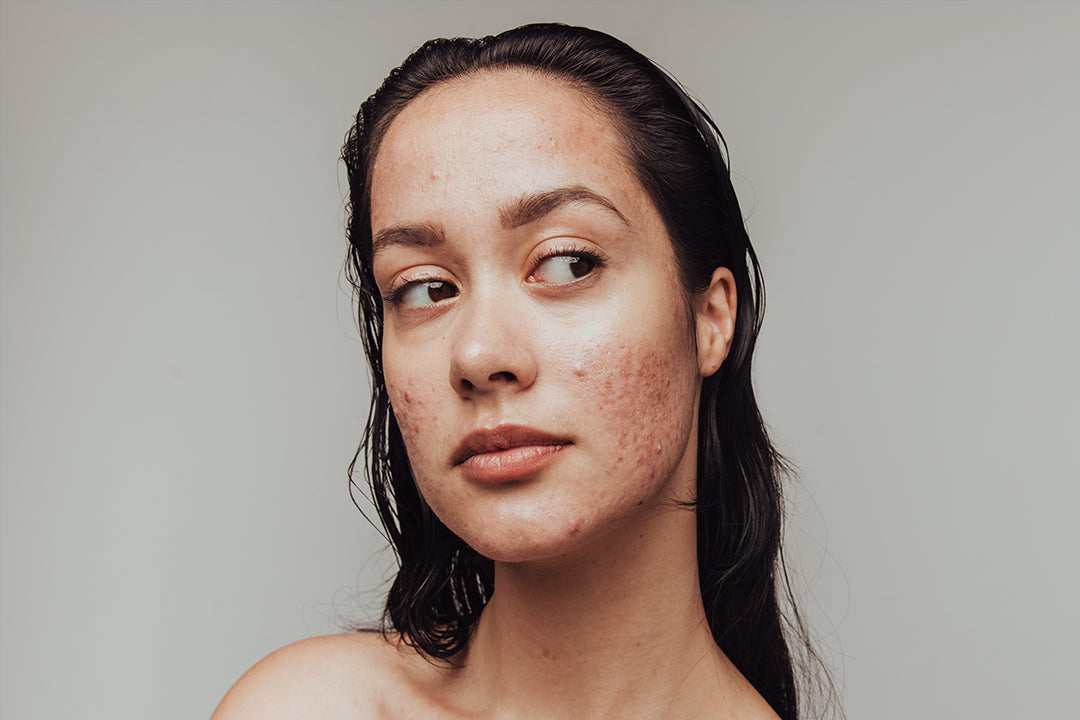If you are struggling with psoriasis, you know how frustrating and uncomfortable it can be. The red, itchy patches on your skin can affect your confidence and overall well-being. While there are various treatments available, one often overlooked solution is a healthy diet. A well-planned psoriasis diet can make a big difference in managing your symptoms and improving your skin.
Understanding Psoriasis
Before we delve into the 7-day psoriasis diet plan, let's first understand what psoriasis is. Psoriasis is a chronic autoimmune condition that causes the skin cells to multiply rapidly. This results in the formation of thick, red, and scaly patches on the skin. While the exact cause of psoriasis is unknown, it is believed to be a combination of genetic and environmental factors.
The Role of Diet in Psoriasis
Research has shown that diet can play a crucial role in managing psoriasis symptoms. Certain foods can help relieve inflammation and promote healthier skin, while others can trigger flare-ups. By following a well-balanced and nutritious psoriasis diet, you can nourish your body and support your skin's healing process.
The 7-Day Psoriasis Diet Plan
Here is a comprehensive 7-day psoriasis diet plan that focuses on foods that are beneficial for managing psoriasis symptoms:
Day 1: Whole Grains
Start your day with a nutritious breakfast consisting of whole grains such as oats or quinoa. Whole grains are rich in fiber and provide essential nutrients that support overall skin health.
Day 2: Fatty Fish
Incorporate fatty fish like salmon or mackerel into your diet. These fish are high in omega-3 fatty acids, which have anti-inflammatory properties and can help reduce psoriasis symptoms.
Day 3: Seeds
Add seeds like flaxseeds or chia seeds to your meals. These seeds are packed with antioxidants and omega-3 fatty acids, which can help reduce inflammation and support skin health.
Day 4: Fruit
Include a variety of fruits in your diet, such as berries, citrus fruits, and melons. Fruits are rich in vitamins, minerals, and antioxidants that promote healthy skin.
Day 5: Vegetables and Leafy Greens
Load up on vegetables and leafy greens like spinach, kale, and broccoli. These vegetables are packed with nutrients and antioxidants that can help reduce inflammation and support skin healing.
Day 6: Olive Oil
Use olive oil as your primary cooking oil. Olive oil contains anti-inflammatory compounds that can help soothe psoriasis symptoms. Additionally, it is rich in healthy fats that support skin health.
Day 7: Balanced Meals
On the last day of the plan, focus on creating balanced meals that include a combination of whole grains, lean proteins, fruits, vegetables, and healthy fats. This will ensure you are getting a wide range of nutrients to support your overall health and skin.
Additional Tips for a Psoriasis-Friendly Diet
While following the 7-day psoriasis diet plan, keep the following tips in mind:
- Avoid trigger foods: Some individuals with psoriasis may have specific trigger foods that worsen their symptoms. Common trigger foods include processed foods, red meat, dairy products, and gluten. Pay attention to your body's response and avoid these foods if necessary.
- Stay hydrated: Drink plenty of water throughout the day to keep your skin hydrated and promote detoxification.
- Limit alcohol consumption: Alcohol can worsen psoriasis symptoms, so it's best to limit or avoid alcohol altogether.
- Manage stress: Stress can exacerbate psoriasis symptoms. Practice stress-management techniques like meditation, yoga, or deep breathing exercises.
- Consult a healthcare professional: It's always a good idea to consult a healthcare professional or a registered dietitian before making significant changes to your diet. They can provide personalized guidance and tailor the diet plan according to your specific needs and health conditions.
Takeaway
A healthy diet can make a significant difference in managing psoriasis symptoms and improving your skin. By following a well-planned psoriasis diet, you can nourish your body and support its natural healing process. Remember to listen to your body, avoid trigger foods, and consult a healthcare professional for personalized guidance. Embrace the power of nutrition and take control of your psoriasis for clearer, healthier skin.









